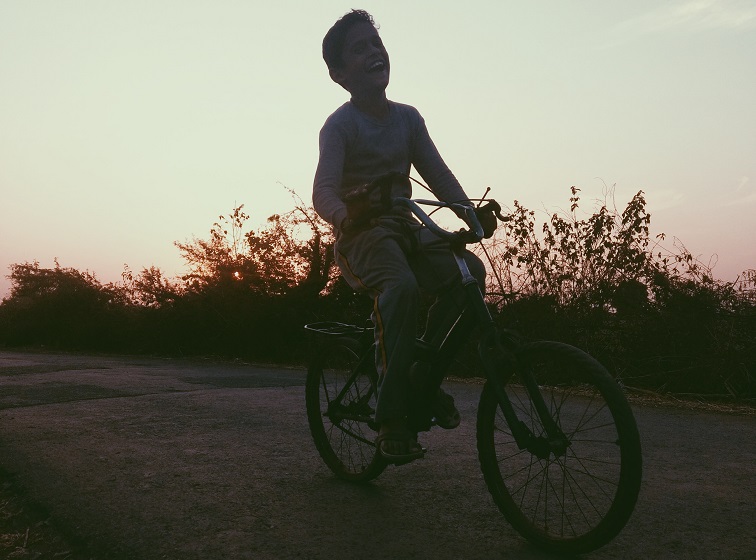
Learn to live: Applying behavior change to cycling
Behavior change is an important topic on the upcoming Velo-City 2018 conference program in Rio! Under the sub-theme Learn to live, which looks at how we learn to live together through the lens of mobility, more than one session will be devoted to discuss behavior, as well as the impact of campaigning for behavior change.
Many of the biggest challenges facing society could be addressed by changing behavior. Increasing active mobility behavior, such as cycling, could help reduce greenhouse gas emissions and address increasing rates of obesity. However, changing behavior is not easy. Changing the behavior of a population could be described as one of the challenges of our time. Such beliefs are especially applicable to car-dependence, particularly when it is considered that car-overuse has led to increased pollution, environmental damage, congestion and serious health problems associated with lack of exercise. Shifting travel away from the car and towards more sustainable modes such as cycling has proven to be a particular challenge.
The theme of the behavior session in Velo-City 2018 will be “changing behavior for a better life”. Main topics on this session will cover: cycling as a behavioral change tool towards building healthier and more equal cities, as well as the tools and new approaches to promote this change. As part of this session, Velo-City 2018 is welcoming speakers from Russia (Vladimir Kumov), Czech Republic (Jaroslav Mach), Brazil (JP Amaral), and Spain (Ignacio Amigo) to share their experience and talk about employing a smart behavior change app for cycling promotion, building the cycling culture through behavior change, how to make people trade the car for the bicycle and many more.
While looking forward to take part in these stimulating sessions, let’s briefly analyze what change in behavior implies and how it is applicable to cycling. Behavior change, combining the fields of psychology sociology, economics and much more has always been a key area of research and implementation. The complexity of behavior change lies in the difficulties in changing behavior, as opposed to raising awareness for change. Behavior change theories cite environmental, personal, and social characteristics as the major factors in determining actions. In recent years, there has been increased interest in the application of these theories in the areas of health, such as cycling.
Don’t miss the behavior sessions at Velo-city 2018 Rio to find out more about what is happening around the globe on this topic.
For all information on the Velo-city 2018 Programme please click here! REGISTER NOW FOR VELO-CITY 2018 RIO DE JANEIRO Make sure to register now as early birds get a discount of $100 on the full admission price! Full price list here. *Stay up to date by following us on social media: Facebook, Twitter, Instagram and join our group on LinkedIn
Network/Project Involved:
Contact the author
Recent news!
Upcoming events
Contact Us
Avenue des Arts, 7-8
Postal address: Rue de la Charité, 22
1210 Brussels, Belgium









